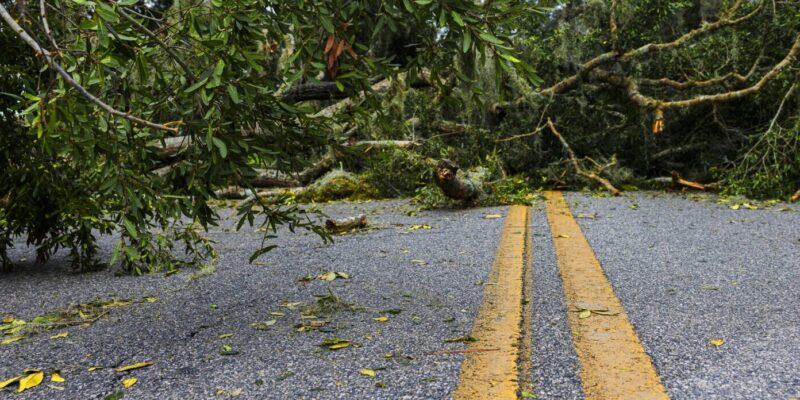The economic cost of extreme weather events
Climate change is driving extreme weather events, with a marked 83% increase in recorded climate disasters between 1980–1999 and 2000–2019. These events disproportionately impact vulnerable regions and socio-economic groups across the world, compounding existing challenges for those already disadvantaged.
The impacts of climate-related extreme weather events span a complex array of direct impacts to physical and human capital and indirect impacts to the wider economy. Direct physical impacts include the destruction of private dwellings, commercial property and infrastructure—such as roads, energy sources, and housing—along with damage to agriculture and food supplies. Human capital impacts are also stark: premature deaths, injuries, and health issues caused by extreme conditions not only represent a tragic toll but also contribute to lost productivity and place additional strain on healthcare systems. Beyond this, broader economic impacts ripple through affected areas, disrupting local supply chains, causing displacement of populations, and discouraging investment.
These events also widen existing socio-economic inequalities—with vulnerable communities often experiencing the worst outcomes—which in turn places significant pressure on government finances as public funds are redirected to relief, recovery, and resilience measures. A single climate-related extreme weather event can have cascading effects across multiple sectors, underscoring the long-lasting challenges faced by countries vulnerable to climate shocks.
Our analysis, commissioned by the International Chamber of Commerce (ICC), quantifies a subset of the economic costs of climate-related extreme weather events. Based on nearly 4,000 events across six continents from 2014 to 2023, we estimate economic losses from these events at $2 trillion in 2023 prices. The report’s focus on acute, current events (as opposed to chronic, gradual impacts of climate change) underscores the tangible and immediate costs already reshaping communities and economies worldwide.

